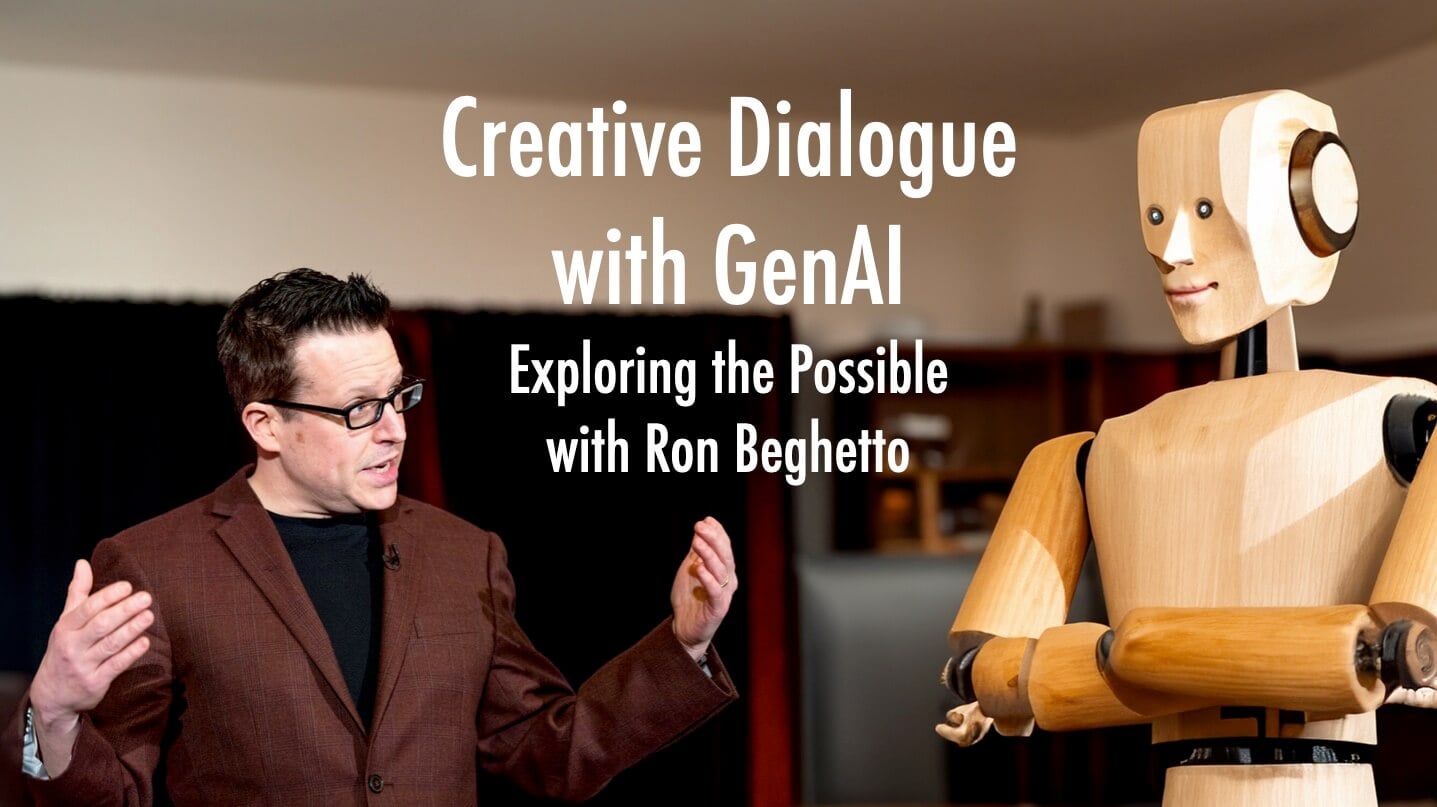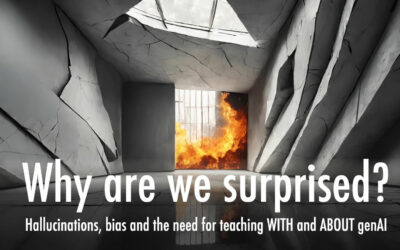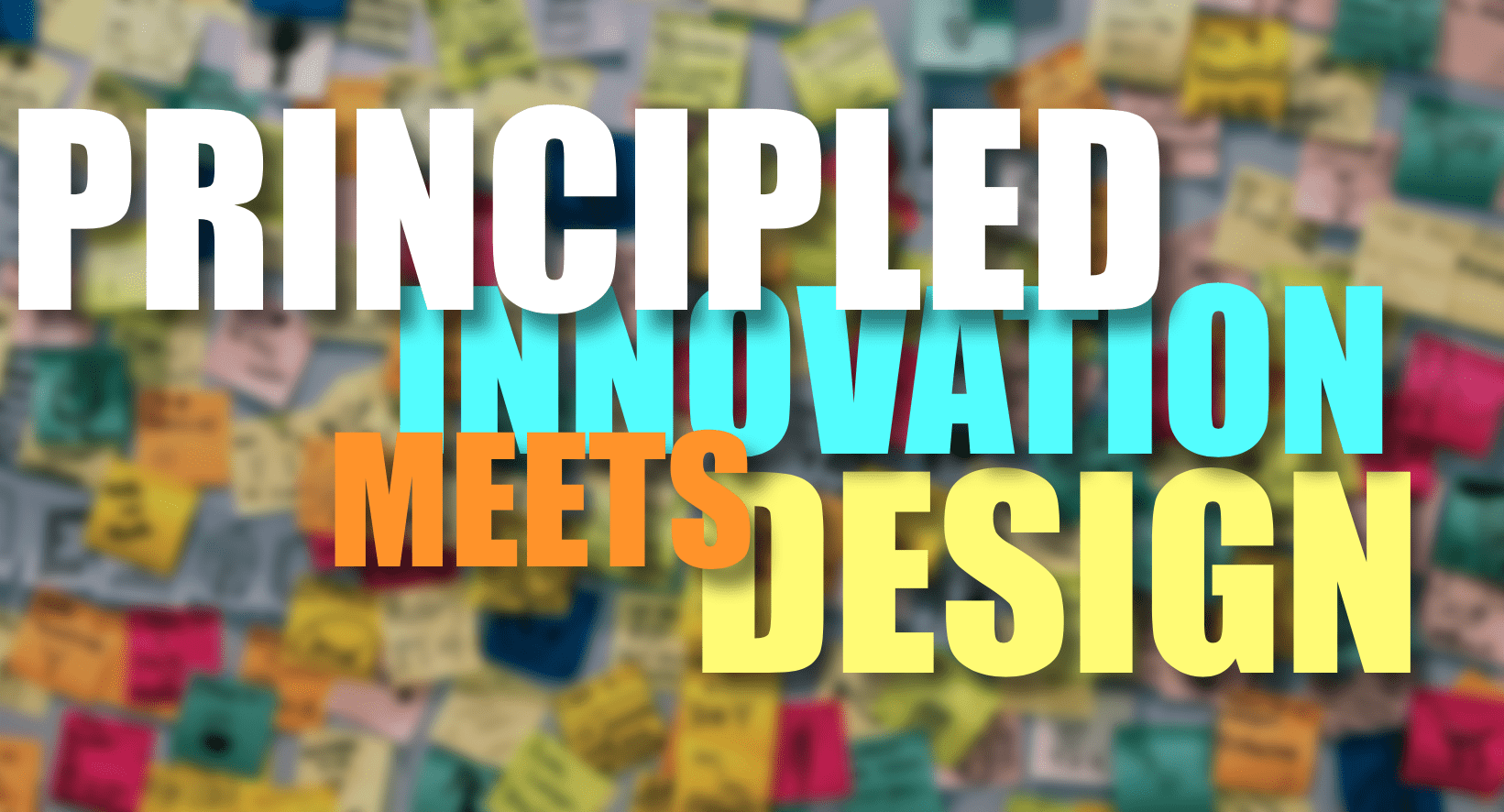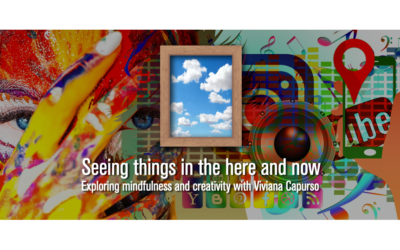As part of our ongoing series for the journal TechTrends exploring the intersections of technology, education, and creativity, we have recently turned our focus to the potential impacts of generative AI (GenAI) on these domains. Our latest article features a fascinating dialogue with renowned creativity researcher, and ASU colleague, Dr. Ronald Beghetto, on how GenAI is redefining creative and educational processes. This conversation with Ron continues our series speaking leading thinkers to explore GenAI’s transformative impacts through a scholarly lens. Previous guests have included pioneers like Chris Dede, Ethan Mollick, Kyle Jensen and Andrew Maynard. We have also written some empirical pieces such our conversations with school leaders, and some theoretical ones such as this one on teacher knowledge and educational research in an age of Gen AI. (A complete list of all my publications on Generative AI can be found here.)
Ron, the Pinnacle West Presidential Chair and Professor at ASU, is a leading expert on creativity in education. His groundbreaking work advocates for “possibility thinking” – embracing an open mindset towards exploring new potentials instead of fearing failure. In applying this lens to GenAI, Beghetto demonstrates how these tools can catalyze possibility thinking by pushing the boundaries of what’s possible and driving innovation.
In our dialogue, we explore the multifaceted roles GenAI can play – as a reflection of human intellect and values, as a collaborative creative partner that leverages its unique generative capabilities, and as an engine for cultivating future-oriented thinking. He also cautions against the passive or uncritical adoption of GenAI instead advocating for direct, critical engagement that leverages its strengths while recognizing its inherent limitations.
By engaging with groundbreaking research like Beghetto’s work on possibility thinking, our aim is to shed light on both the profound opportunities and inherent limitations presented by GenAI tools and technologies. We hope to advance thoughtful, critical discourse around these rapidly evolving innovations and their implications for redefining what it means to learn and be creative in unprecedented ways.
Citation, link and abstract below
Mishra, P., & Henriksen, D. (2024). Creative dialogue with Generative AI: Exploring the Possible with Ron Beghetto. TechTrends. https://doi.org/10.1007/s11528-024-00949-y






0 Comments